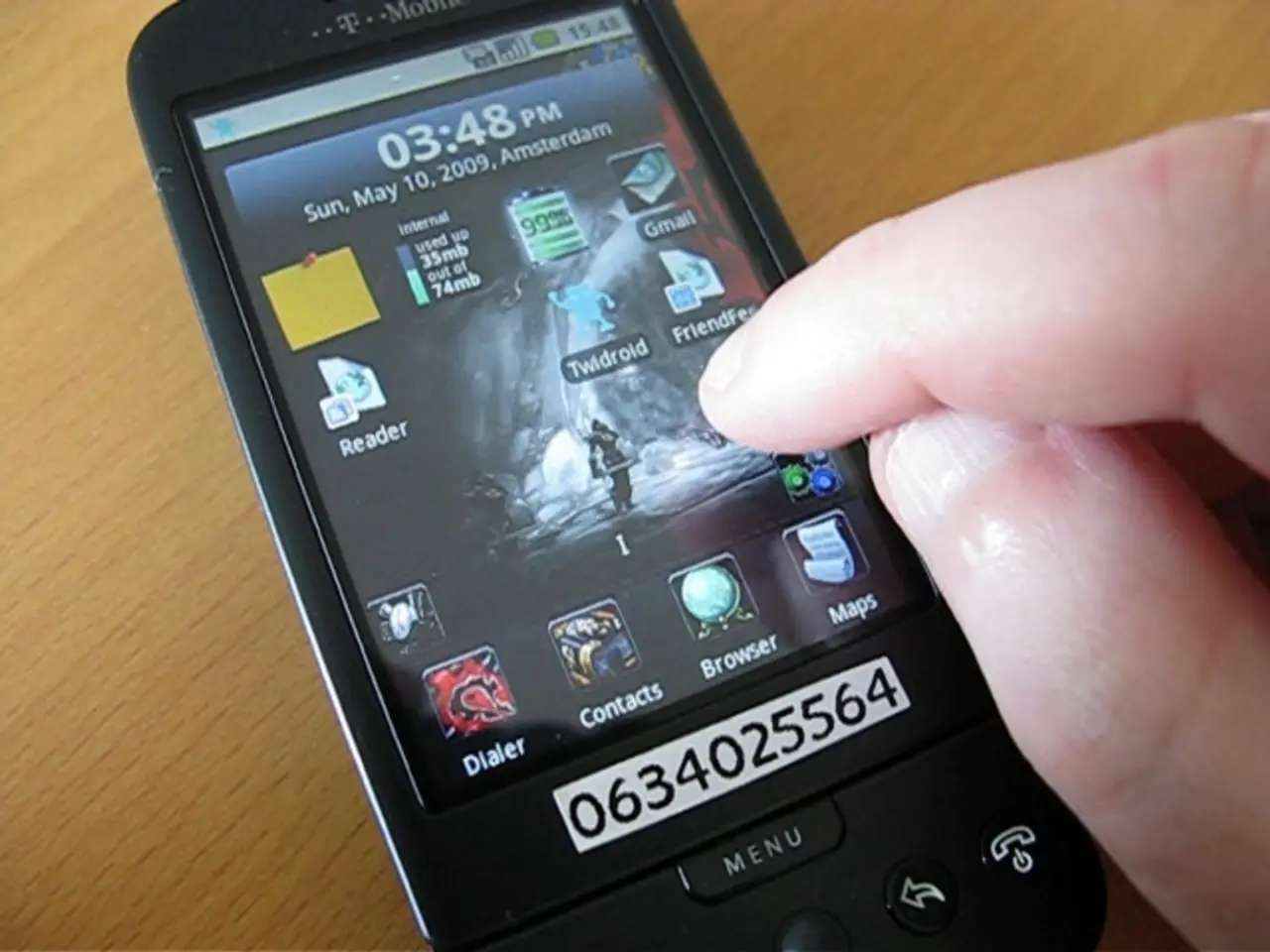FBI Alert - Refrain from Responding to These Text Messages on Your Mobile Device
In the digital age, it's essential to be vigilant against potential threats, especially when it comes to our personal data. Recently, there has been a rise in a particular type of scam using "innocent" text messages that seem plausible and short, designed to trigger curiosity and catch unsuspecting individuals off guard. These are the so-called fake wrong-number text scams.
According to a report by MalwareBytes, these messages are carefully crafted to appear harmless but are often the first step in long-game scams aimed at stealing personal data or even life savings. The FBI echoes this warning, explaining that the scammers behind these messages are counting on the recipient's friendliness to exploit and establish a connection.
McAfee has reported that one in four Americans have received such a scam, with losses reaching $470 million last year, according to the FTC. These messages do not originate from known entities like DMV, banks, or retailers but from unknown contacts.
To protect yourself against these sophisticated scams, here are some essential measures to take:
- Be suspicious of unsolicited texts from unknown or wrong numbers. If a text seems out of the blue, especially if it tries to rush you, asks for personal or financial details, or contains links or attachments you weren’t expecting, it's best to err on the side of caution. Legitimate companies rarely ask for sensitive info via text.
- Never click on links or scan QR codes from unknown senders, and don’t respond to these messages at all. Replying confirms your number is active and can lead to further targeting.
- Independently verify any suspicious message by contacting the company or person directly using contact information from official sources, not those provided in the message.
- Use technological safeguards like your mobile carrier’s spam filters, blocking tools, or trusted call/text blocking apps to automatically filter or block scam messages.
- Report suspicious texts immediately by forwarding the message to 7726 (SPAM), which notifies your carrier to block similar scams, and also report to the Federal Trade Commission (FTC) to help stop scammers.
- If you accidentally share sensitive data, contact your bank or financial institutions immediately to secure your accounts and consider using identity theft recovery resources like IdentityTheft.gov.
Advanced scammers may build digital "mark profiles" from how you engage, so avoiding any interaction is crucial to preventing long-term targeting.
In summary, vigilance against unexpected texts, refusal to engage or share info, use of blocking/reporting tools, and immediate response to any exposure are key defenses against these sophisticated fake wrong-number text scams. Remember, your safety is your responsibility, and a little caution goes a long way in the digital world.
FBI recommends not to engage in conversations with unknown texts, and to delete such messages immediately. In the realm of cybersecurity, it's crucial to apply protective measures like spam filters, blocking tools, and trusted call/text blocking apps on your smartphones, whether they be iPhones or Android devices, to safeguard yourself against text attacks.




